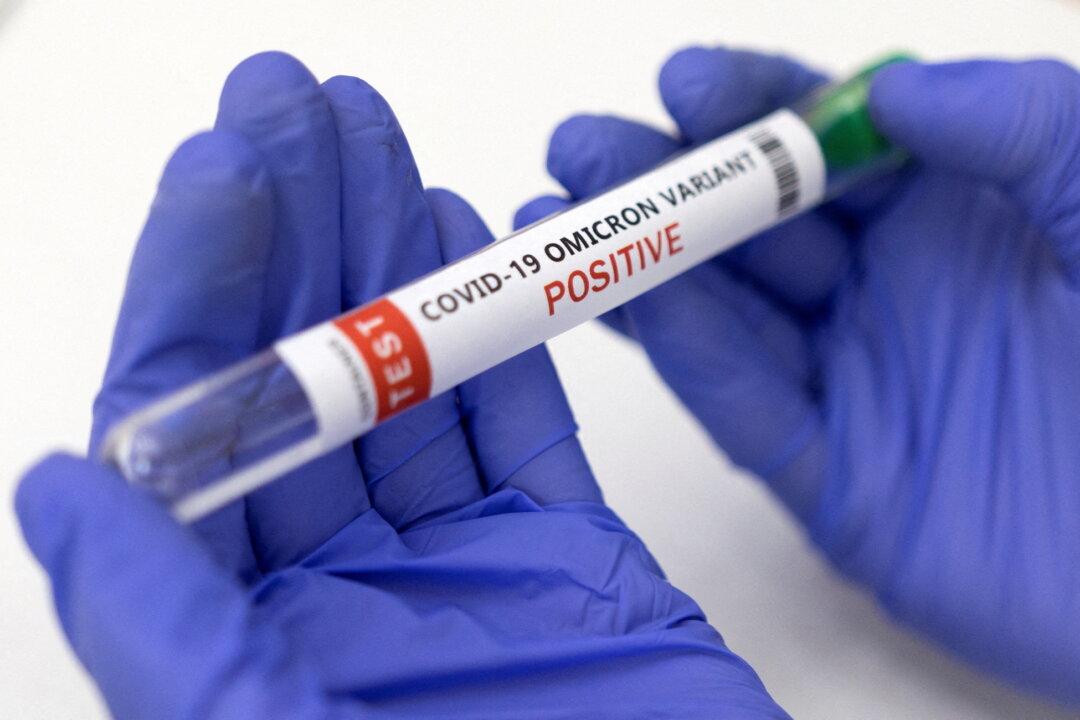Individuals who are double-vaccinated or recovered from COVID-19 have “virtually no protection” against the Omicron variant, according to a peer-reviewed study.
The research, led by Rudolf Valenta of the Medical University of Vienna, found that only people who had received the third dose of a COVID-19 vaccine can form antibodies that could partially block Omicron, although noting that the protection is far from optimal.





